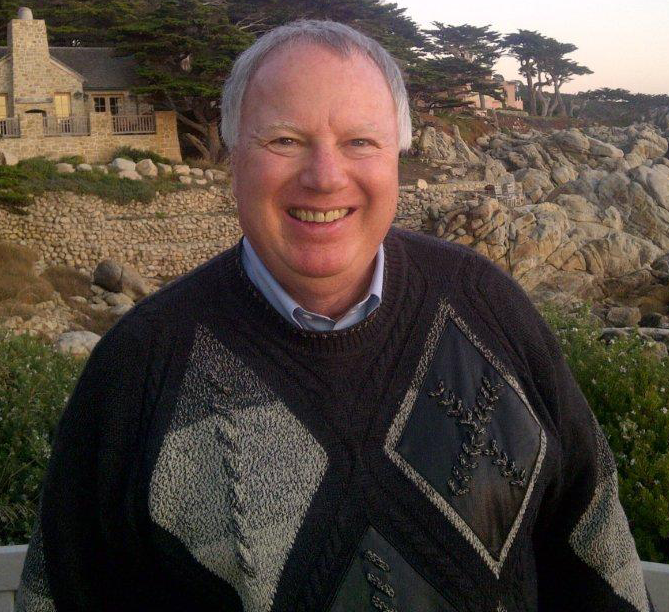Gratitude: Developing a Valuable Life Practice
Thursday July 25, 2013
I spent a total of 12 years of my adult life resident in Japan. It was a period of great learning, growth and accomplishment plus I made many life-long friends. One is David Reynolds, cultural anthropologist, author of “Quiet Therapies: Japanese Pathways to Personal Growth” and many other books.
David is well-known for having introduced Naikan (pronounced Nye Con) and Morita therapies to the West. Naikan has been used in Japan for many years as a conflict-resolution tool in the workplace, for marriage counseling, to heal addictions and in work with prisoners. My direct personal experience is that the ideas work just as well in the West and that they are simple, powerful and follow the Hippocratic Oath’s admonition to “first do no harm.”
A simple translation of ‘Naikan’ is “inner observation” or “seeing oneself through the mind’s eye.” If you’d like to learn more, I recommend David’s books. Should your interest be other good books or participating in a retreat or distance learning or an audio tape, Greg Krech’s organization at The To Do Institute. And now back to our subject... and a VERY simplified idea about how to apply the principles of Naikan in your daily life.
Naikan recommends that we focus our attention on “us,” our own conduct in all of our relationships – personal and professional. In that sense, it is consistent with all of my teachings over the past thirty years on the power of personal responsibility. Naikan also makes the useful distinction between our circumstances (life events) and our feelings about those same circumstances. By making this distinction, doing we are exposed to a choice other than victimhood.
The key aspect of this self reflection practice is to learn to express gratitude rather than anger and blame toward others. A necessary quality of this approach is to take time, to pause and reflect – despite the pressures our culture and our busy life choices place upon us – and to answer, for ourselves, three very important and revealing questions:
1. What have I given to ………..?
(the same person, event, job, event or circumstance we are dealing with)
2. What difficulties have I caused …………?
(the same person, event, job, event or circumstance)
Be as specific as possible in completing these sentences. While I can’t predict your exact experience with this simple exercise – and acknowledging that doing it with another person and with expert coaching in one of the Naikan sessions at The To Do Institute would be ideal – my own experience is that what I have received and the trouble I’ve caused almost always exceeds what I have received. It’s a liberating realization and leads to a certain kind of healing and wholeness that is difficult to express.
Now you may want to ask what David Krech calls “the absent fourth question” which is “what troubles and difficulties did person or ??? cause you?” To do so will take you off track and back into self-pity and victimhood.
Learn more below in our Extraordinary Living Action Steps.
EXTRAORDINARY LIVING ACTION STEPS
As always …. simple and not easy: First, actually “be with” the three questions about any person or event or circumstance that might be troubling you:
First, actually “be with” the three questions about any person or event or circumstance that might be troubling you:
-
What have I received from ………?
-
What have I given to ………..?
-
What difficulties have I caused …………?
Avoid that “absent fourth question” about how someone or something “did it to you.” It is not useful. Remember that truth is in the specific details so think deeply, perhaps write out your answers and take time for deep reflection – avoid generalizations. Healing and wholeness are outcomes of a process where you gain a new awareness that our pain and suffering take place in the context of a life that is mostly full of love and support.
Gregg Krech says, and I agree, “doing Naikan is like doing research on your life. You start by collecting data. Then you analyze your data, and finally you draw your conclusions …. If I were to go to bed right now, I would be in greater debt (to others) than when I woke up this morning. I think it is great to be conscious of that. In my selfish, angry or judgmental moments, I forget it, and that’s why it’s important to keep up the practice, as a regular reminder.”
I couldn’t say it better … so I won’t try!

